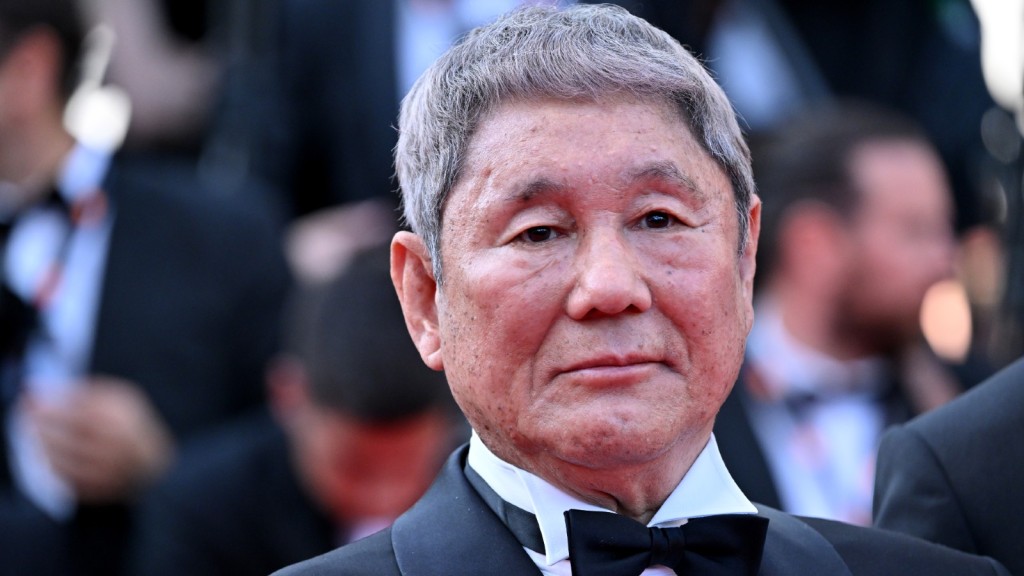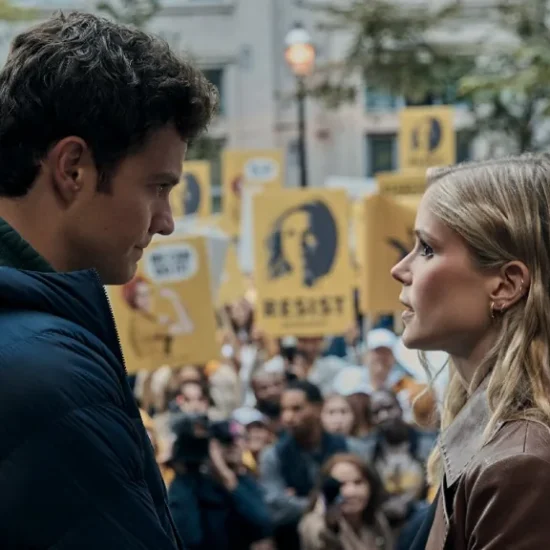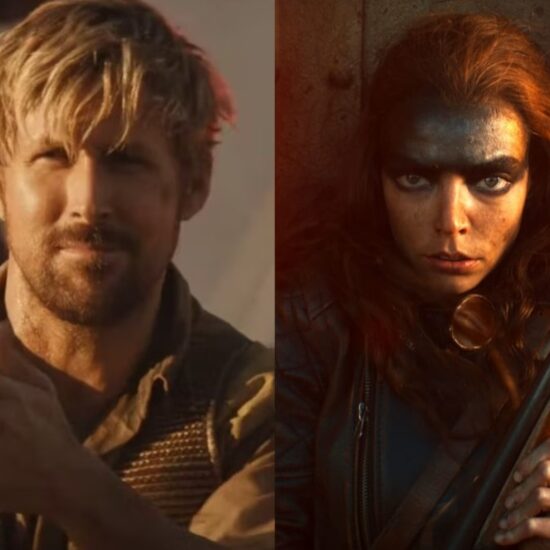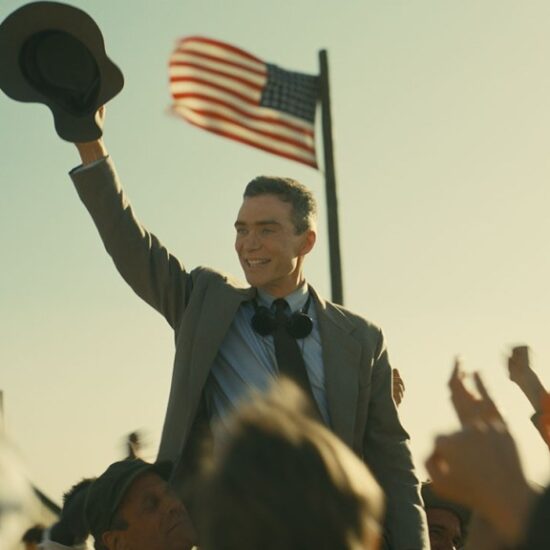
Takeshi Kitano has had enough careers for three. Starting as a stand-up comedian in Tokyo strip clubs under the moniker Beat Takeshi, he first rose to fame on Japanese TV, landing an international hit with Takeshi’s Castle, a slapstick-style physical game show that inspired a whole genre (It’s a Knockout, Wipeout).
After starring in a series of Japanese comedies, Kitano made his international film debut as a tough POW camp sergeant in Nagisa Oshima’s Merry Christmas, Mr. Lawrence alongside David Bowie. But the Japanese audience still saw him as the funny man from TV (Kitano recalls when he watched Merry Christmas with a Japanese audience, saying that “the moment my character appeared on the screen, every single person in the cinema burst into laughter!”).
Determined to be taken seriously as a dramatic actor, he created roles for himself by writing and directing features such as Violent Cop (1989), Boiling Point (1990) and Sonatine (1993): Crime thrillers/comedies starring Kitano as a deadpan yakuza gangster or neo-noir cop.
1997’s Hana-bi (aka Fireworks), which combined those tropes with a delicate romance — Kitano plays a retired police officer carrying for his dying wife while fighting off yakuza loan sharks — won the Golden Lion at the Venice Film Festival, establishing the director as one Japan’s foremost modern filmmakers.
Much of his output since has been yakuza crime thrillers (Brother, the Outrage trilogy) and art-house dramas (Kikujiro, Dolls), but his biggest hit came in 2003 with Zatoichi, an adaptation of a long-running Japanese film and TV franchise about a blind samurai.
At 76, Kitano shows no signs of slowing down. He recently rebooted Takeshi’s Castle for Amazon Prime in Japan and has finished his 20th (“not my last,” he insists) film. Kubi is a 16th-century epic tracing the event surrounding the so-called Honnō-ji Incident, in which a group of samurai tried to assassinate Japanese warlord Oda Nobunaga. The event, which would shape Japanese history, has long been a source of speculation and conspiracy theories as to the motives of the people involved.
Kitano spoke to The Hollywood Reporter at the 2023 Cannes Film Festival, where Kubi had a special, out-of-competition screening.
You’ve had an amazing and diverse career: As a stand-up comedian, reality TV show host, actor, director, singer even. Looking back over all that, your entire career, what are you most proud of?
I would say my career is so diverse because I was not able to succeed at one thing, and then I would try the next thing and then the next thing and then the next thing So really, looking back, there’s nothing that I’m proud of.
My first encounter with you was through Takeshi’s Castle, but the first film of yours I saw was Hana-Bi, which blew me away. It also won the Golden Lion at the Venice Film Festival. What do you remember from that experience and how did people’s perception of you change, in Japan and internationally, after you won the Golden Lion?
Well, right before that film I had actually had a severe accident, a motorbike accident. People even wrote that I would not be able to recover. But I made Hana-Bi, took it to Venice, and won the Golden Lion, as you said. What was interesting was what I had done, was doing, was sort of breaking out of the past generation [of Japanese cinema] and was trying to do new things. All of that was then linked to my accident. People were writing very negative things about me. Then I won in Venice and that turned everything upside down. And it made me think that “oh, well that’s how authority works.” It’s not really about me, because nothing about me had changed. Now I had a bit of extra decoration, a prize, and suddenly they began respecting me. I remember thinking: This is a weird world.
Your new movie, Kubi, is another samurai film, but about a very specific and pivotal point in Japanese history, the 16th-century uprising against the warlord Oda Nobunaga. You’ve spent a lot of time with this story, you researched the history, you even wrote a book about it. What is it about this particular story that so fascinates you?
When you look at Japanese history, the Warring States era, which is when the story takes place, is the most interesting period for me. But usually, the history has been written by the people surrounding these great, powerful figures and it was often not truthful or factional. With regard to the uprising, there are many different theories about what actually happened. I really looked into it and then I used my imagination and came up with a theory. Of course, an academic watching it might say it’s not true. But I think most of what I have portrayed is what actually happened.













